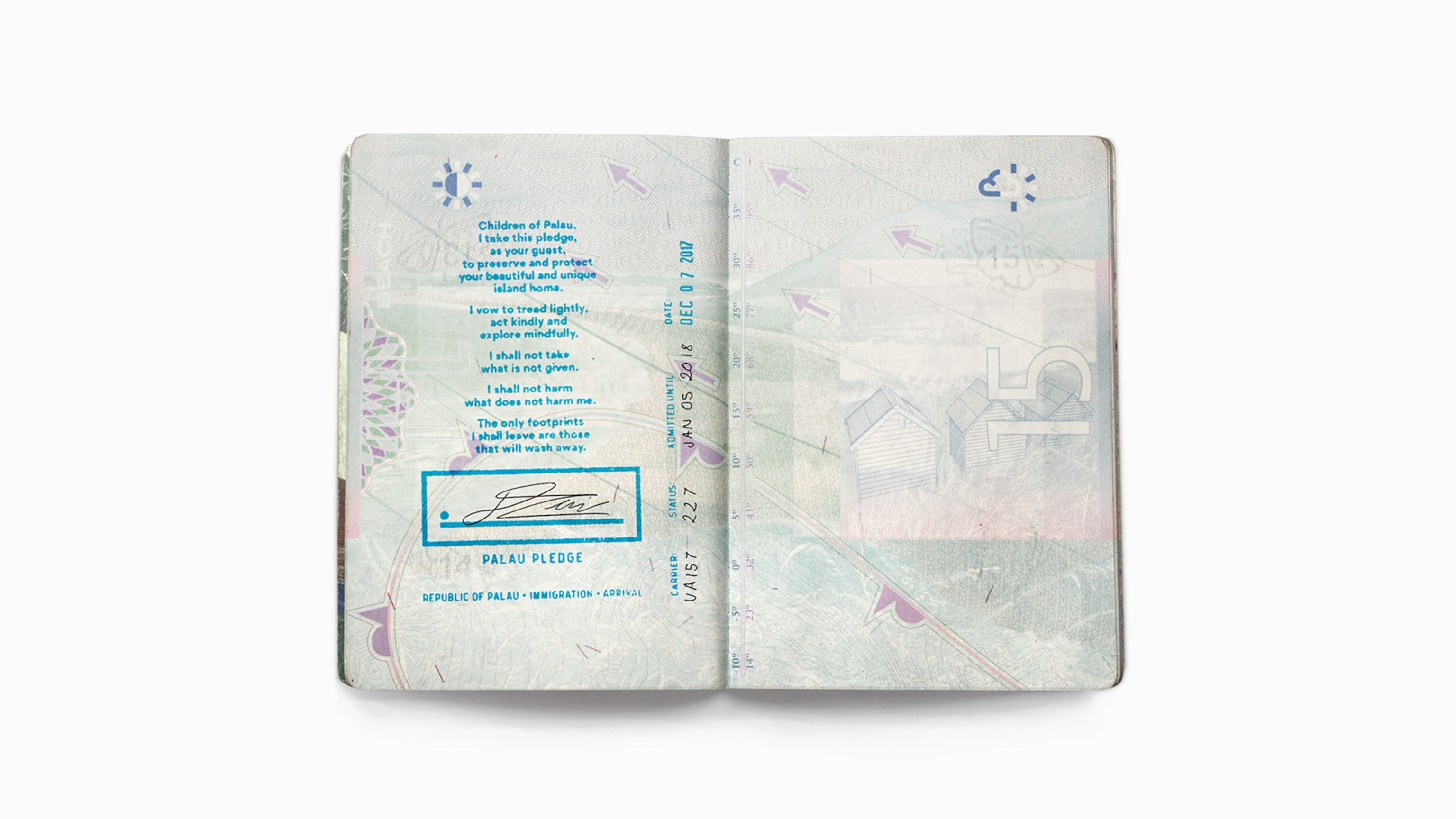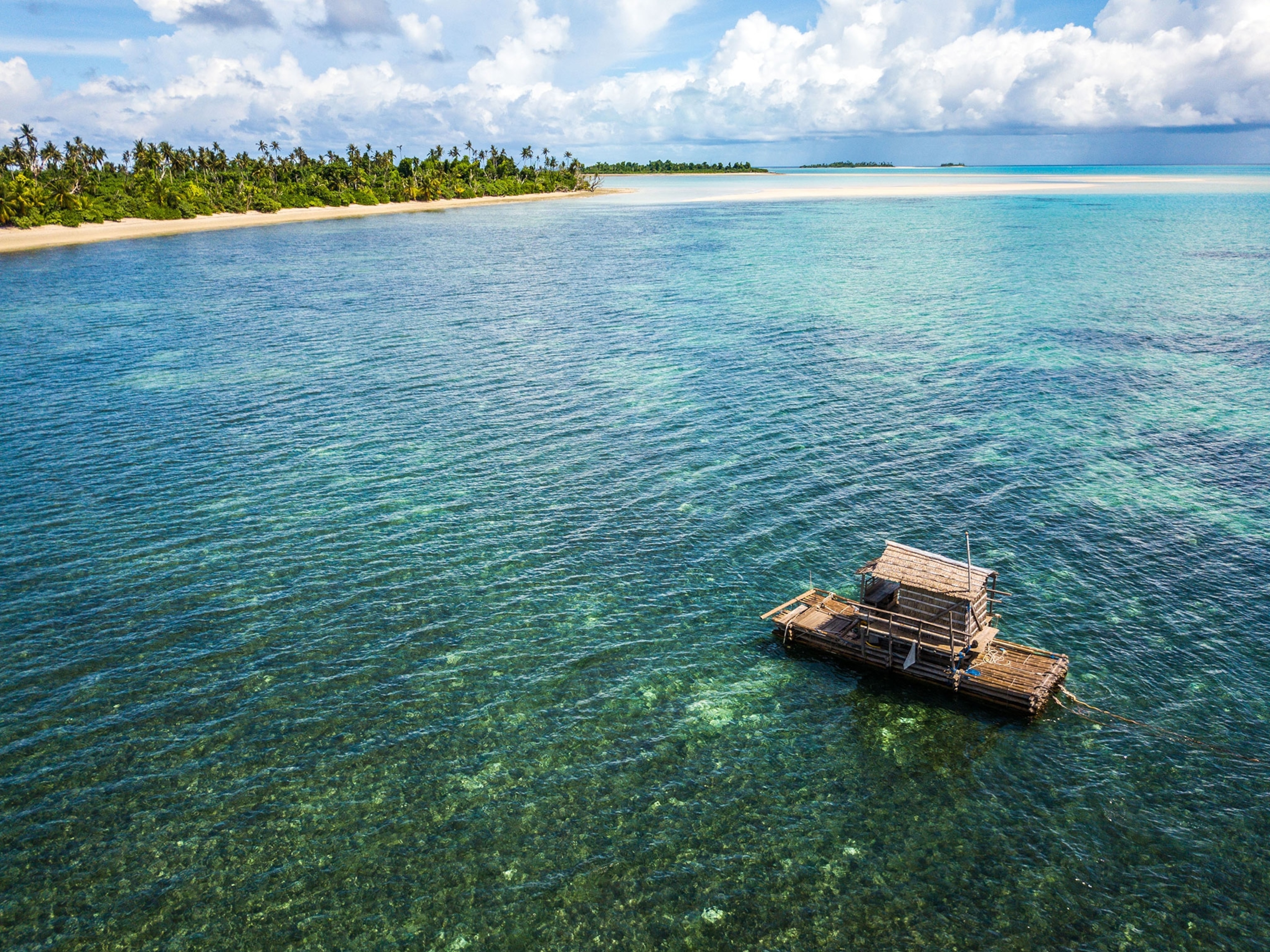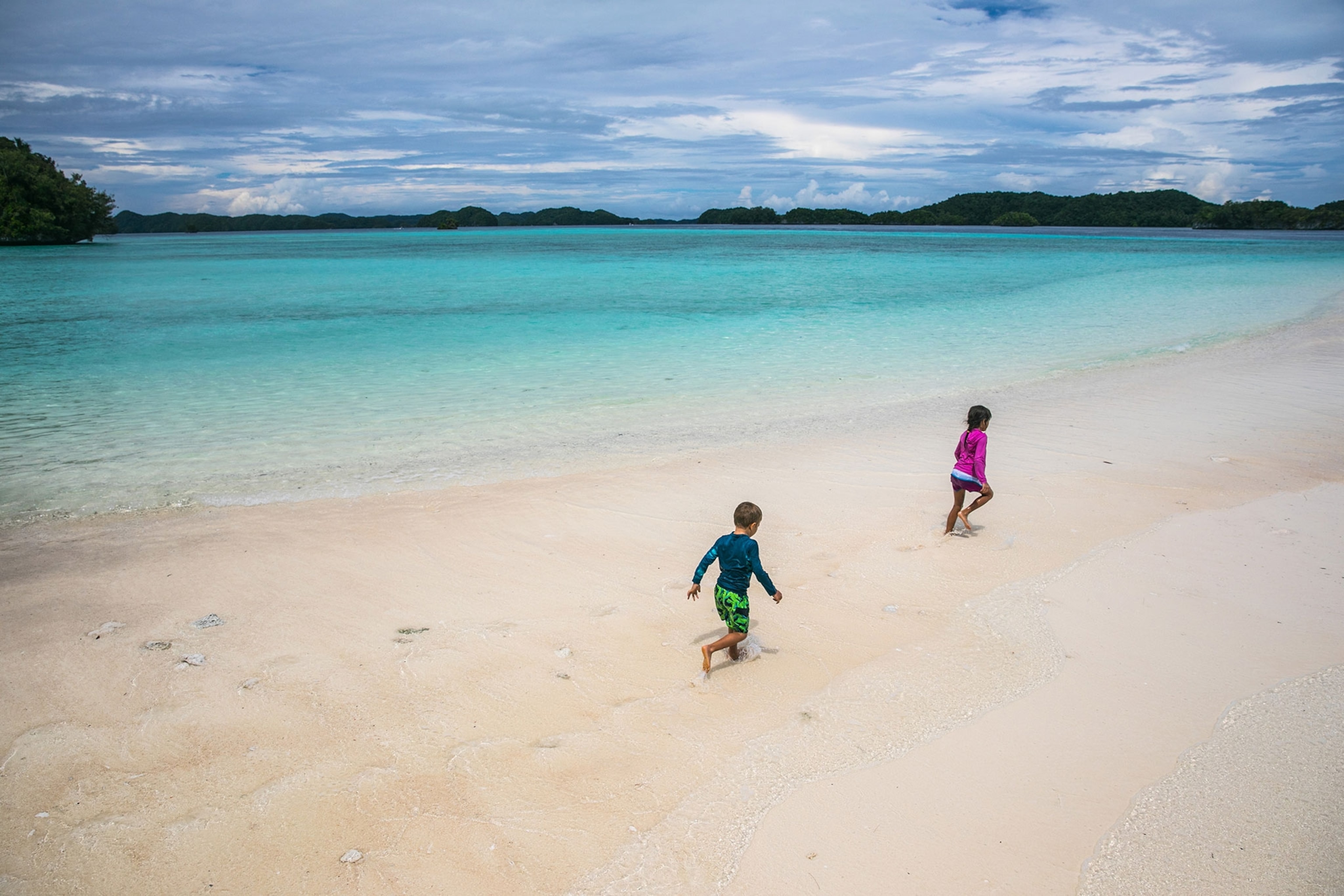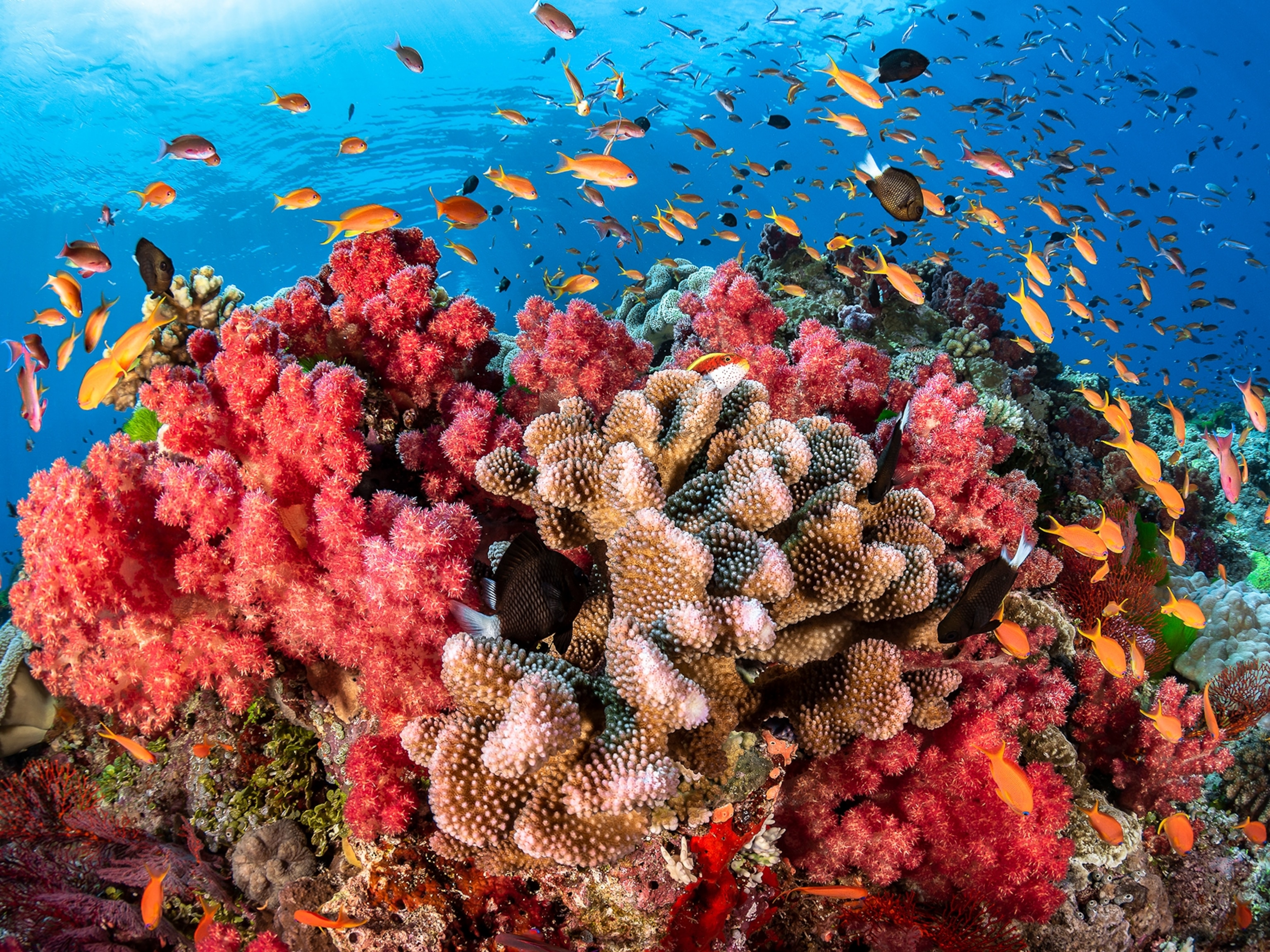Palau Becomes First Country to Require 'Eco-Pledge' Upon Arrival
As tourism to this island nation increases, the government has instituted a mandatory pledge for tourists—in the form of a passport stamp.
The island nation of Palau has taken a bold step in a new direction towards conservation: requiring every incoming visitor to sign a stamped pledge in their passports to be good environmental stewards for the duration of their stay.
A Unique Kind of Paradise
Located in the western Pacific Ocean, the Republic of Palau is a collection of islands that is as beautiful as it is diverse. From coral atolls like Kayangel, to the tiny Rock Islands made entirely of limestone, to the magical underwater world of Jellyfish Lake, visitors to Palau get to experience many different definitions of paradise.
Like many other island nations in the Pacific, Palau relies on tourism as a primary driver of its economy. Each year, throngs of tourists come from all over the world to explore Palau. In recent years, the average number of visitors to Palau’s shores are almost seven times greater than the local population. However, as those numbers continue to grow, problems arise. Numerous examples of tourists disrespecting the natural and living ecosystems—largely out of ignorance—have been cited in the recent past.
The Palau Pledge

On the evening of December 7th, when the routine flight from Guam landed in Palau, tourists and visitors were greeted to a much different arrival process than they were expecting. Instead of the typical entry stamp in their passports, they received a stamped pledge—resembling a five-stanza poem—with a set of vows to the youth of Palau. To enter the country, everyone must sign off on promises to “tread lightly, act kindly, and explore mindfully.”
In addition to the stamp itself, the Palau Pledge initiative comes with a mandatory in-flight video that educates all incoming visitors about their responsibility to be environmentally responsible, along with a checklist of dos and don’ts that is distributed upon arrival. To ensure that the Palau Pledge is more than just a superficial effort, there are national policies in place to strengthen the enforcement of environmental protection laws, including increased policing and reporting efforts.
Children of Palau, I take this pledge, as your guest, to preserve and protect your beautiful and unique island home. I vow to tread lightly, act kindly and explore mindfully.Palau Pledge, Republic of Palau, Immigration
At its core, this initiative aims to ensure that the youth of Palau inherit the same pristine natural resources that have existed in the country for countless generations. It also highlights the importance of striking a balance between development and conservation. President Tommy Remengesau Jr. is one of the leading voices behind this movement of environmental stewardship, both in Palau and worldwide. He believes that “It is important that our valued guests understand the values we Palauans place on our natural environment and its resources that have sustained us for millennia.”
Ancient Wisdom for the Modern Day
A foundational element within many conservation efforts in Palau is the concept of bul or fishing ban. This word represents a system of traditional Palauan resource management, used primarily by village chiefs in ancient times to manage fish stock. When the village observed a decline in the number of fish off of their shores, they would issue a temporary halt—or bul—of all fishing activity to allow for the marine life to flourish and replenish.
- National Geographic Expeditions
Today, many locals feel that the Palau Pledge is a small but significant step towards shifting tourists’ attitudes about the value of the country’s natural and living resources. Though it is too early to tell, many are hopeful that the Palau Pledge can also serve as a tool to galvanize the local community towards the same vision of conservation—one that transcends generations, village lines, and political agendas.
Dan Lin is the Director of the Pacific Storytellers Cooperative at PREL, based in Hawaii. You can follow him on Instagram @dan_lin_photos or Facebook @danlinphotography.









